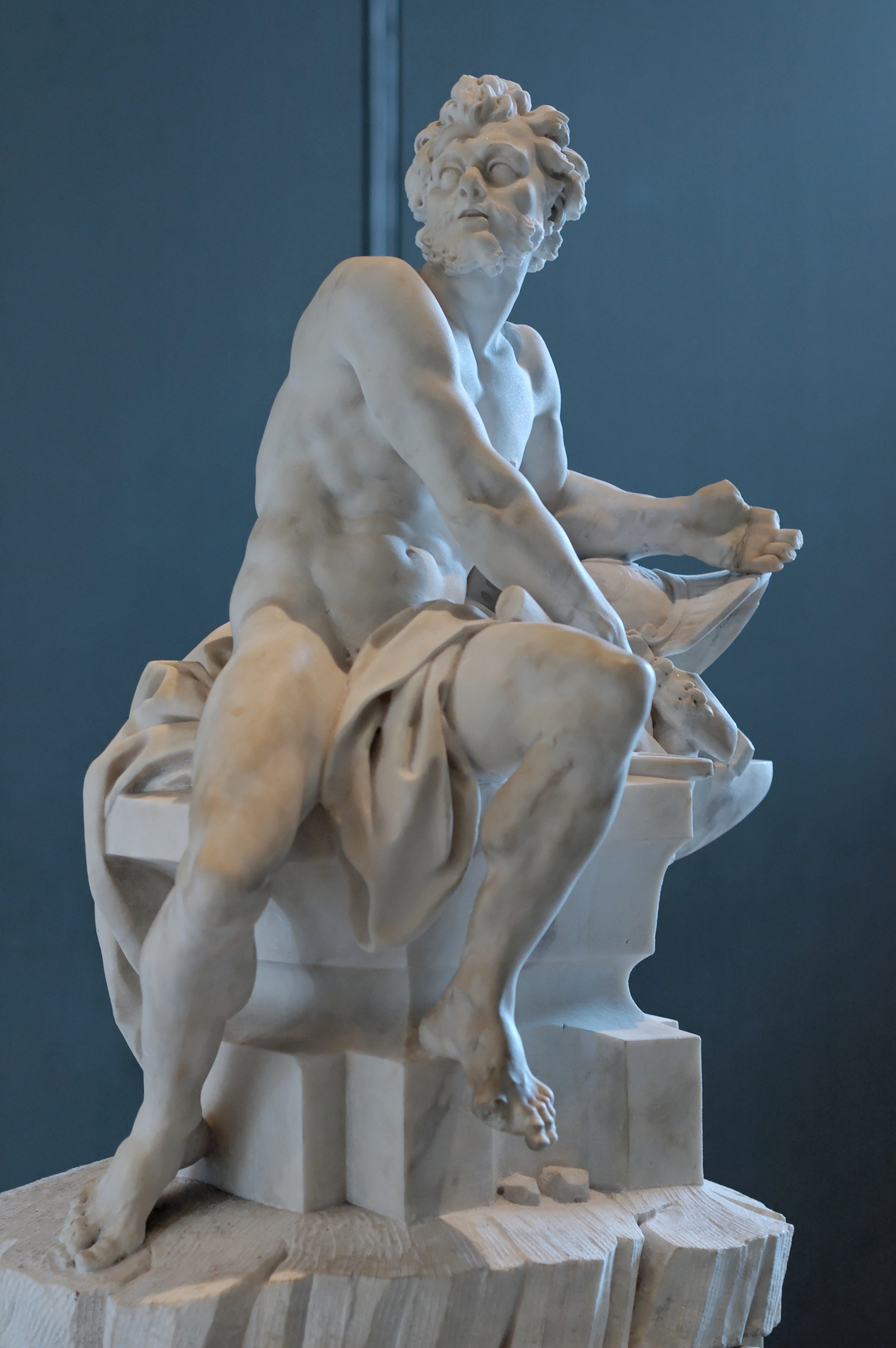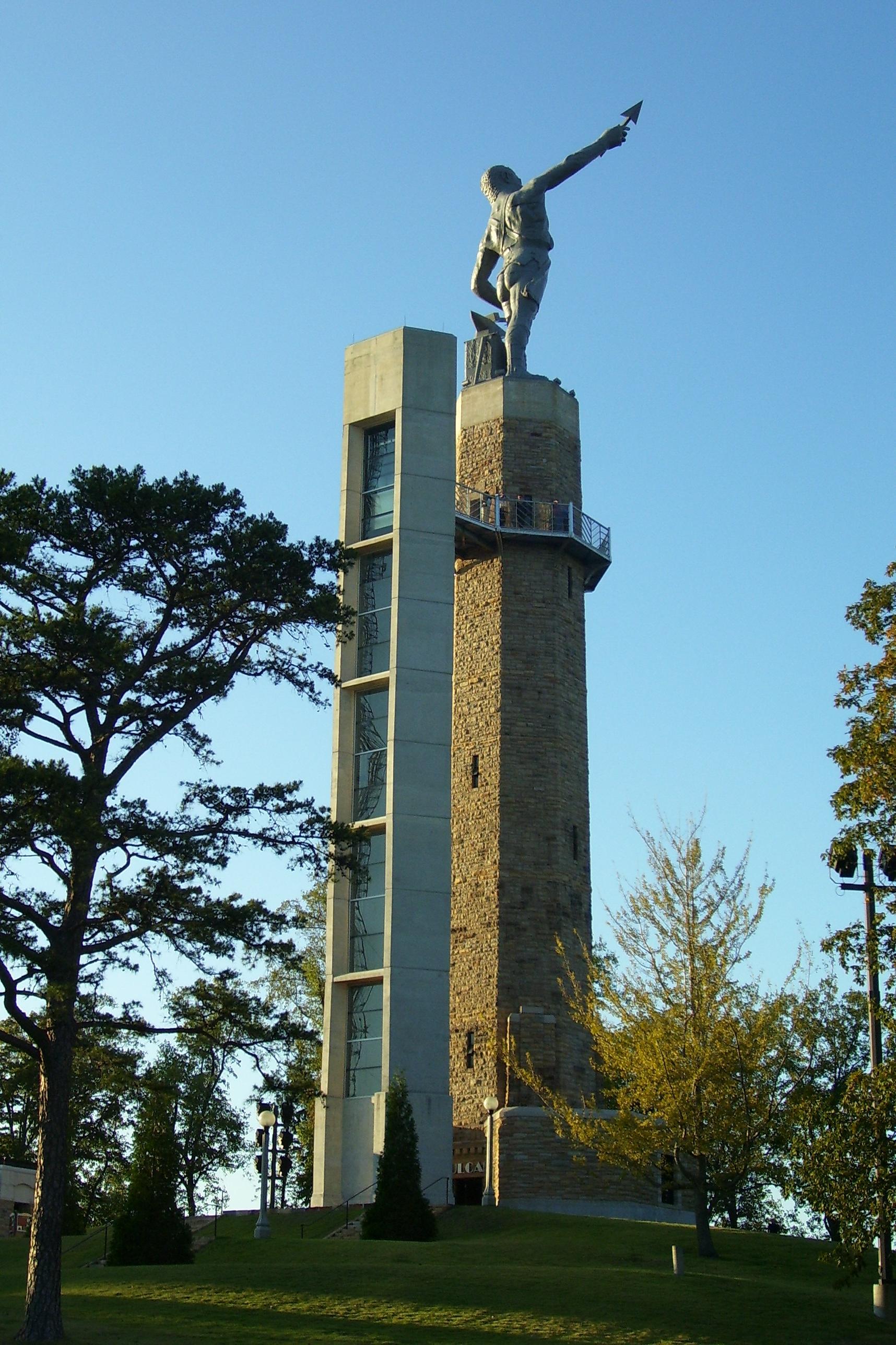Are you someone that is intrigued by mythologies? Do you love to know how the ancient people lived, worshipped and interact with each other? Myths help us learn how the things we see today came into existence and how they connect with the old way of life.
The Roman Empire is one of the greatest empires that ever existed. It had several gods among which Vulcan who was the Roman god of fire. Poetically he had similar attributes like those of the Greek god, Hephaestus. Vulcan had an old way of being worshipped and had his own priest (flamen).
Learn more about Vulcan, the Roman god of fire below.

Table of Contents
Who is Vulcan?
Vulcan is the Roman god of fire, especially in its destructive aspects as conflagrations or volcanoes. He has similar attributes to those of Hephaestus, a Greek god of fire. He had an ancient way of worship wand had his own priest (flamen) in Rome.
Vulcan was also referred to as the god of metalworking and the forge. His symbol was a blacksmith’s hammer. He belonged to the most antique stage of Roman religion. He had his chief festival called Vulcanalia that was held on August 23rd marked by a rite of unknown importance: Heads of Roman families would throw small fish in a fire during this festival.
One ancient Roman Scholar Varro said that king Titus Tatius dedicated altars to different deities including Vulcan. He is said to have been born of Juno and Jupiter and had several siblings that include Minerva, Apollo, Diana, Hercules, Mars and Bacchus, among others. It is said Vulcan would be begged to avert fires as his epithets Mulciber and Quietus suggest.
Since he was a god of destructive fire, his temples were strategically located outside the city. According to the Roman myth, Vulcan fathered Caeculus, who is the founder of Praeneste, (Present Palestrina, Italy). Vulcan also fathered the monster Cacus that was later killed by Hercules for having stolen his cattle.
Legacy
Statues
Vulcan is the patron deity of the English steel-making city of Sheffield. Even today, Vulcans statue stand tall on top of Sheffield Town Hall. The Vulcan statue in Birmingham, Alabama, is the biggest cast-iron statue in the world. At the California University of Pennsylvania, there is a 1200-pound and 12-foot-tall Vulcan statue which serves as the university’s mascot.
Moons and Planets
In 2013, it was reported (Reuters) that the ‘Vulcan’ name was being endorsed as a name to mean ‘newly discovered’ moons of Pluto. The moons had been discovered in 2011 and 2012 which brought the total number Pluto moons to five.
Much as the Vulcan name won the popular vote, the International Astronomical Union preferred to use another name as Styx, Charon, Kerberos, Nix and Hydra. Vulcan’s name has been used to mean other fictional planets found in and out of the Solar system which doesn’t correspond to the hypothetical planet Vulcan.
Volcanoes
The Volcano word comes from the name of Vulcano, which is a volcanic island found in the Aeolian Islands of Italy. Remember Italy’s name also originates from Vulcan.
Books, Comics, Series, and Songs
Vulcan has appeared in many other books, games and stories such as Tatsuya Suou’s as the main character, Dc and Charlton comics as a superhero.
Vulcan is a character in the TV series American Gods based on the Neil Gaiman novel. Vulcan also featured in the John Prine song, The Lonesome Gods of Science and the Harry Potter books, Dumbledore’s phoenix was also named Vulcan.
Sanctuaries
Vulcan’s central sanctuary in Rome was the Volcanal that was located in the Volcani area, which was an open-air space at Capitolium foot. This was the most ancient Roman shrines. The sanctuary was dedicated by Romulus who placed a bronze quadriga on the site dedicated to the god.

Bottom Line
The Roman god of fire was called Vulcan who was an equivalent of the Greek god of fire Hephaestus. Vulcan’s parents were Jupiter and Juno and had other siblings like Minerva, Mars, and Apollo. Vulcan was the god of fire including the fire of metalworking, volcanoes and deserts.
Vulcan was also called the god of metalworking, fire, and the forge. His temple was called Vulcanal and was the father of monsters Cacus and Caeculus, the founder of present Italy.
